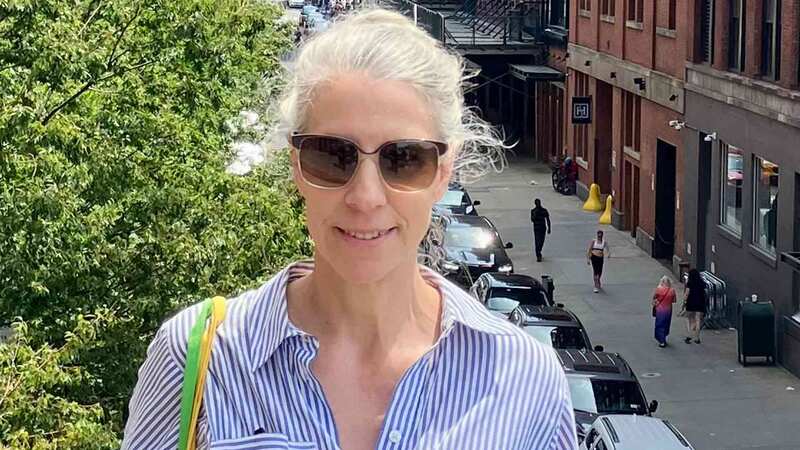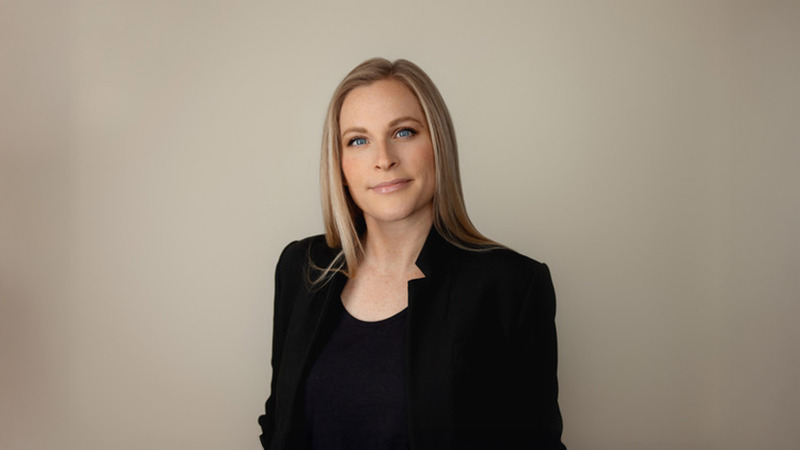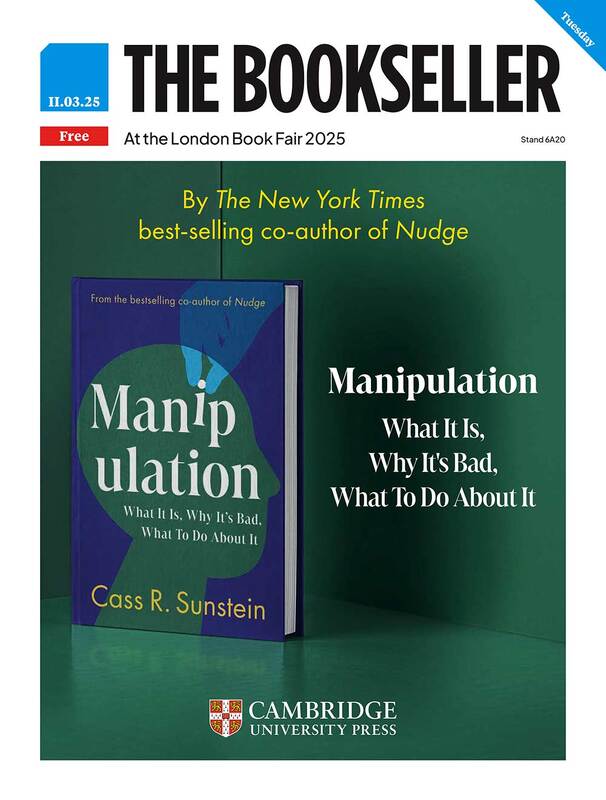You are viewing your 1 free article this month. Login to read more articles.
Latest VIDA survey charts women in literary magazines
The number of women contributors to the Times Literary Supplement dropped slightly in 2015, according to the latest annual survey by research organisation VIDA: Women in Literary Arts. But Granta by contrast saw a small rise in women's writing.
Every year VIDA analyses 15 literary magazines to compile its annual VIDA Count, its research project into female contributers to literary magazines, as part of its aims to highlight discrepancies around gender equality in literary culture.
The Times Literary Supplement published 917 pieces by women writers, making up 29% of the total, down 1% on the 2014 number, whilst at the Atlantic that figure stood at 30%. At Paris Review, women accounted for 34% of the total number of contributors, down from 40% in 2014 and 51% in 2013. However 64% of those being interviewed in Paris Review last year were women.
Granta showed greater gender parity as women contributors represented 49% of contributors last year, up slightly from 48% the year before.
Amy King, chair of the VIDA executive committee, said the ethos behind the count is shining a light where “some would rather not look”.
She said: “If the literary landscape is dominated by specific groups, how can we be healthy as a society and benefit from both our differences and commonalities? Isn’t one of literature’s effects to humanize populations beyond our own?...We hope that what is illuminated through this work moves everyone to ask for more.”
This year, VIDA also looked at race and ethnicity, sexual identity and ability, as well as gender. It found that the New York Times Book Review published the greatest number of bylines by writers who identified as mixed-race/mixed-ethnicity (25), with The Times Literary Supplement coming in second at 18 bylines. Those two magazines also published writers of “all sexual identity categories”, although “there was a noticeable absence of non-heterosexual writers in the Atlantic”.
In terms of ability, six of the 15 publications in VIDA’s Main Count did not publish bylines by women writers who identify as disabled. These included the Atlantic, Harper’s, The Nation, New York Review of Books and Paris Review.
More findings are available on the VIDA website.














